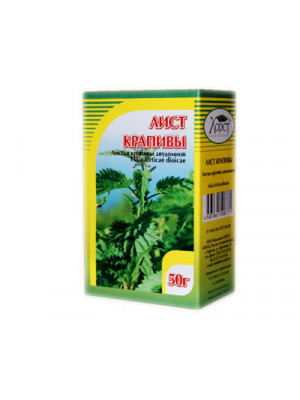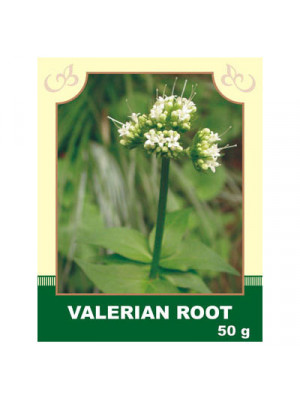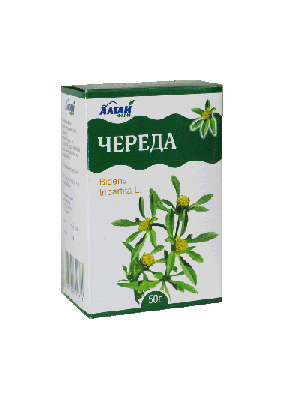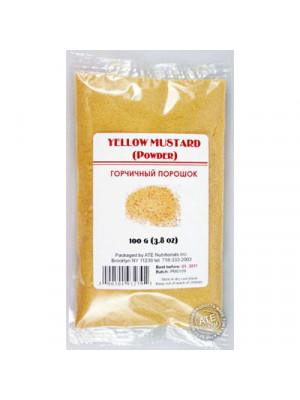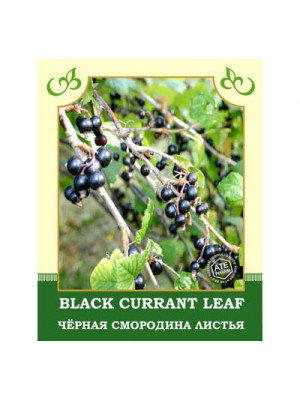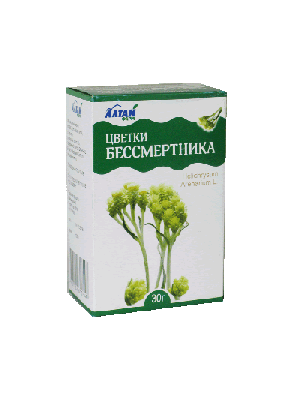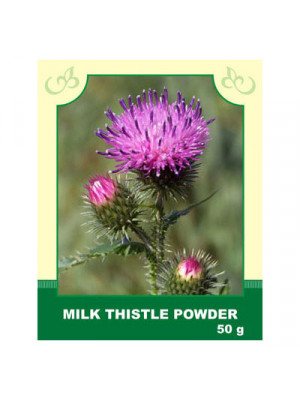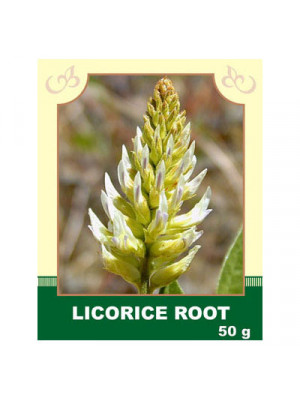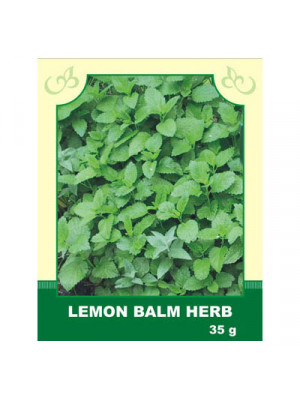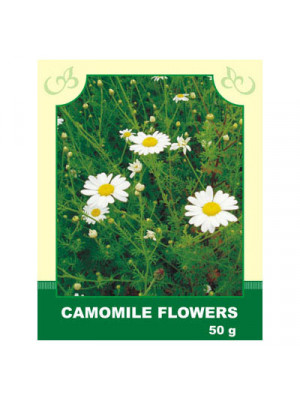Herbs
Internally, it is used for gout and rheumatism; kidney and bladder diseases; liver and gallbladder diseases; tuberculosis of the lungs; dysentery; as a hemostatic agent for pulmonary, renal, uterine, and intestinal bleeding; and for digestive disorders.
Method of application and dosage: 2 tablespoons of raw material are poured with 200 ml of boiling water, heated in a water bath for 10-15 minutes, infused at room temperature for 45 minutes, squeezing out the remaining plant material. The obtained infusion is brought to the original volume, and it is taken in 1/4-1/2 cup 3-5 times a day before meals.
Externally, nettle is applied for hypo- and avitaminosis, as well as for strengthening hair and treating furunculosis.
Contraindications: individual intolerance, increased blood clotting, hypertensive disease, pregnancy, bleeding caused by cysts, polyps, and other tumors of the uterus and its appendages. Special caution for patients with kidney disease.
$6.99Internally, aqueous infusion and alcoholic tincture of the rhizomes and roots are used as a calming remedy for nervous excitement, insomnia, asthma, palpitations, seizures, spasms, hysteria, neuroses of the cardiovascular system accompanied by pain and spasms of coronary vessels, for nervous diseases of the stomach and intestines, skin diseases on a nervous basis, and other nervous disorders. They are also used for headaches of nervous origin and inflammation of the sciatic nerve.
Method of application and dosage: 2.5 tablespoons of roots are poured with 200 ml of boiling water, infused for 45-60 minutes, strained. Boiled water is added to the obtained infusion to the original volume. Take 2-3 tablespoons 3-4 times a day, 30 minutes after meals. Tincture: 1 part valerian roots and 5 parts 70° alcohol or vodka, infuse for a week, strain. Take 15-20 drops 3-4 times a day.
Contraindications: Individual intolerance. Nausea and vomiting may occur in case of overdose.
$6.99Internal use: Enhances appetite, strengthens and improves digestion, corrects metabolism in skin diseases, increases urine and sweat secretion, stops bleeding, has a calming effect on the nervous system, slightly reduces blood pressure, increases the amplitude of heart contractions, and has a mild softening and anti-inflammatory effect. Used to stimulate appetite, improve digestion, and for colds, coughs, liver and spleen diseases, gout, arthritis, and rickets.
Method of application and dosage: Pour 15 g of the herb with 400 ml of boiling water, infuse for 30 minutes, and drink 1/2 glass 3-4 times a day before meals.
External use: Applied in the form of baths, lotions, and compresses. It promotes drying of the affected area of the body and rapid epithelization of the skin. The infusion is useful for washing the head affected by seborrhea. For baths, pour 30 g of the herb with 1 liter of boiling water, strain, and add to the bath. For lotions and compresses, boil 3 tablespoons of the herb in 400 ml of water for 10 minutes, strain, and use as directed.
Contraindications: Individual intolerance.
$6.99Internally, it is taken as a warming, anti-inflammatory, toning, antibacterial, and expectorant remedy. It lowers cholesterol levels in the blood, improves appetite, and accelerates metabolism. It promotes the expectoration of mucus during colds.
Externally, it is used as hot mustard foot baths — a popular and safe method of home treatment for colds.
Contraindications: Before using mustard for therapeutic purposes, it is necessary to consult with a doctor.
$5.99Internally: Tinctures strengthen the immune system, improve mood; used for chronic cough, frequent colds, gout, arthritis. The tincture reduces tissue swelling, lowers blood pressure. Infusions are absorbed more slowly, but their effect is longer. They will help restore strength after a prolonged illness, protect the body during flu and viral infections, improve memory.
Method of application and dosage: For the infusion, 2 tablespoons are poured with 1 glass of boiling water and infused for 10-15 minutes. Strain and drink with honey. For the decoction, 100 g is poured with 2 liters of boiling water and placed in a water bath for 10-15 minutes. Infuse for 10 hours. For a cough, drink 100 g until the illness subsides. The decoction will better help cope with fatigue and overwork.
Contraindications: Individual intolerance, avoid with stomach ulcers, gastritis with high acidity; use in limited quantities during pregnancy and lactation.
$6.99Internally, it is taken as a cholagogue for liver diseases, cholecystitis, hepatobiliary disease, gallstone disease; for stomach disorders, kidney and bladder diseases, especially in acute cystitis, in difficult and painful urination; as a hemostatic for uterine bleeding due to ovarian dysfunction and uterine fibroids; for furunculosis.
Method of application and dosage: 10 g of immortelle flowers are poured with 250 ml of boiling water. Infuse for 20 minutes, strain. Bring the obtained infusion to the original volume. Take 1/2 cup 2-3 times a day before meals.
Contraindications: Individual intolerance, jaundice, hypertension. Consult with a specialist before use.
$6.99In folk belief, 1 tablespoon of meal is thought to completely neutralize alcohol before a feast. The leaves of milk thistle are considered a mild laxative and diaphoretic.
The seeds are used for hepatitis, gallstone disease, colitis, hemorrhoids, diseases of the spleen, thyroid gland, as well as for salt deposits, edema, dropsy, obesity, radiculitis, and joint pain in allergic skin diseases, baldness, and psoriasis. The meal is effective in alcoholism, constipation, reduces blood sugar levels, purifies the blood, and treats varicose veins.
Method of application and dosage: Steep 1 teaspoon of seeds in 250 ml boiling water, infuse for 20 minutes, strain, and drink hot in small sips, one glass in the morning on an empty stomach, half an hour before lunch, and in the evening before bedtime.
For the meal, boil 30 g in 0.5 L of water on very low heat until half of the liquid evaporates. Strain, drink 1 tablespoon every hour from morning to evening, or take 1 tablespoon of powder 4-5 times a day 20 minutes before meals, washed down with water. The course of treatment is one month. If necessary, repeat the course after 2-3 weeks. Halve the doses for children.
Contraindications: Individual intolerance.
$5.99Internally: Taken as an expectorant for lung diseases accompanied by cough; as an anti-inflammatory spasmolytic for gastritis, peptic ulcer of the stomach and duodenum; as a laxative and regulating water-salt metabolism in diabetes; as part of medicinal mixtures as a diuretic and laxative.
Method of application and doses: 1 tablespoon of raw material is poured with 200 ml of boiling water, boiled for 15 minutes in a water bath, infused for 45 minutes, strained, squeezing out the remaining raw material. The ready infusion is brought to the original volume with boiled water and taken in 1 tablespoon 3-4 times a day.
Contraindications: Individual intolerance, pregnant women. Prolonged use is not recommended.
$5.99Internal use:
Take internally for nervous weakness, migraines, insomnia, general weakness, certain forms of asthma, colds, skin rashes, heartaches, palpitations, stomach and liver colic, anemia, and to improve metabolism.
Preparation and dosage: Pour 3 teaspoons of raw material with 200 ml of boiling water, infuse for 15 minutes, strain, squeezing the remaining raw material. Drink the warm infusion before bedtime in small sips, about a glass.
External use:
Externally, it is used for inflammation of the gums and furunculosis. Alcohol tincture is applied for rheumatic pains and myositis, compresses prepared from the herb are used as a pain reliever for bruises, arthritis, and ulcers. For baths: pour 75 g of raw material with 3 liters of boiling water, boil for 5 minutes, infuse until cooled, strain, and pour into the bath.
Contraindications: Individual intolerance.
$6.99Internally: Taken for insomnia and migraines, gastrointestinal disorders, liver and bile duct diseases, meteorism, stomach spasms, diarrhea, menstrual disorders, and as a diaphoretic for colds.
Method of application and dosage: Steep 1 tablespoon of raw material in 200 ml of boiling water, infuse for 20-30 minutes, strain, squeezing the remaining raw material, take 2-3 tablespoons 3-4 times a day.
Externally: Used as an enema for colitis and hemorrhoids; as rinses for inflamed gums, mucous membranes, angina; as compresses for eczema, ulcers, boils; as a footbath for rheumatism, gout, arthritis, and bruises. For rinses and washes: steep 1 part of the herb in 20 parts of boiling water, infuse for 20-30 minutes, strain, and use as directed. For compresses and baths: steep 1 part of the herb in 10 parts of boiling water, boil for 15 minutes in a water bath, infuse at room temperature for 45 minutes, strain, squeezing the remaining raw material, and use as directed.
Contraindications: Individual intolerance. Do not wipe your eyes with chamomile infusion.
$6.99


